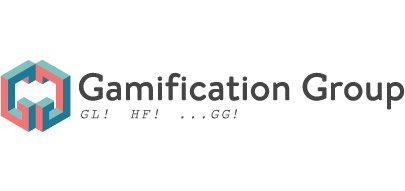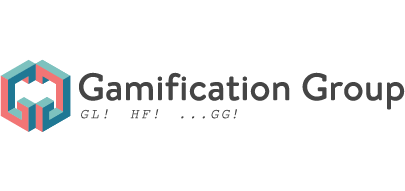CALL FOR PAPERS: Computing education minitrack in the Hawaii International Conference on System Sciences (HICSS’ 2026)

Computing Education (CE), also known as Computer Science Education, is best known as the field leading the conversation about what, how, and for whom Computer Science should be taught. Computational thinking has been a theme emphasized by educators and researchers in the field, but CE addresses the broader impact of computing in society. In recent years, the teaching of computing has moved from being the exclusive domain of higher and graduate education to becoming a subject of primary education. In some countries it is taught as a specific subject and in others it is taught in an interdisciplinary way.
To keep advancing the literature on CE, this minitrack encourages submissions from any disciplinary background reporting different kinds of studies: e.g., empirical studies, case studies, methods and techniques, conceptual frameworks, and literature reviews. Beyond the title of the minitrack, the minitrack covers research and practice framed as related to neighboring concepts such as: computing educators, instructional designers, teacher, school administrators, policymakers, and other actors involved with CE:
- People: e.g., studies on the impact of different technologies (digital or not) on the use of computing, student and teacher experience, behavior, performance, etc.
- Educational science: e.g., educational theories behind CE and their application.
- Pedagogy: pedagogical aspects (e.g., collaborative learning, blended learning, cognitive processes, intellectual skills, edutainment, and others) in CE.
- Learning analytics: e.g., tools for measuring skills behind computing, adaptivity and personalization in CE.
- Teaching strategies: e.g., unplugged computing, robotics, visual languages, innovative didactic materials/techniques, new courses, metacognition, etc.
- Theories/concepts/methods: e.g., contributions to the science of CE.
- Digital world: e.g., ethics, equity, and civil rights and their implications concerning the interaction with digital media, socio-cultural relations related to CE, anthropology, civic potentials of being in the digital world, bodies, gender, identity, poetics, and politics in CE.
- Computational Thinking: e.g., general aspects of computational thinking.
- Curricula: e.g., CE for K2-K12, multidisciplinary, connected, and interdisciplinary approaches involving CE, international curricula.
The Computing Education minitrack is part of the Gamification Publication Track aimed at persistent development of gamification research. Authors of accepted papers have the option to fast-track extended versions of their HICSS papers to Smart Learning Environments.
===
IMPORTANT DATES:
June 15, 2025 | 11:59 pm HST: Paper Submission Deadline
August 17, 2025 | 11:59 pm HST: Notification of Acceptance/Rejection
September 22, 2025|11:59 pm HST: Deadline for Authors to Submit Final Manuscript for Publication
October 1, 2025 | 11:59 pm HST: Conference registration deadline for at least one author of each paper
===
Minitrack Co-Chairs:
Wilk Oliveira (Primary Contact)
Tampere University
wilk.oliveira@tuni.fi
Pasqueline Dantas Scaico
Federal University of Paraíba
pasqueline@dcx.ufpb.br
Mirka Saarela
University of Jyväskylä
mirka.saarela@jyu.fi




Sorry, the comment form is closed at this time.